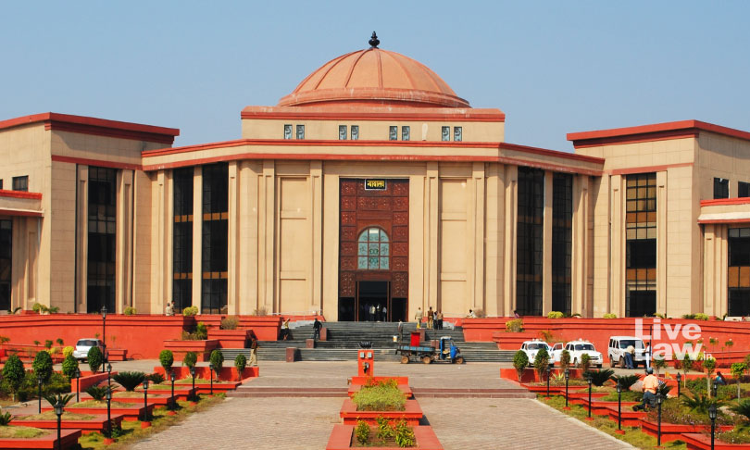The Chhattisgarh High Court has recently observed that while hearing the application for suspension of sentence and grant of bail under Section 389(1) of the CrPC for offences punishable under the POCSO Act, a notice to the victim/complainant / her parents is necessary. A Division Bench of Justices Sanjay K. Aggarwal and Arvind Singh insisted that while serving notice, "the principles relating...

